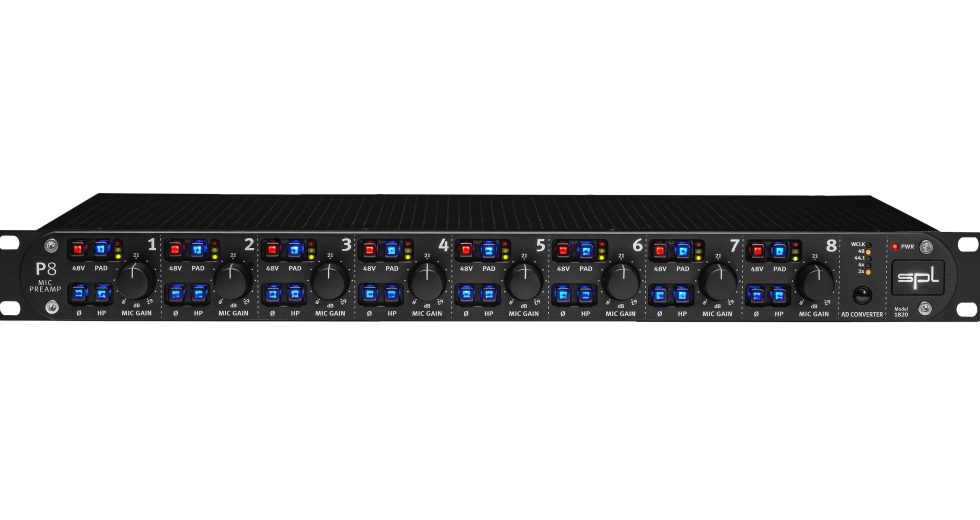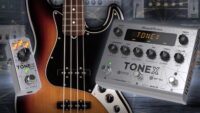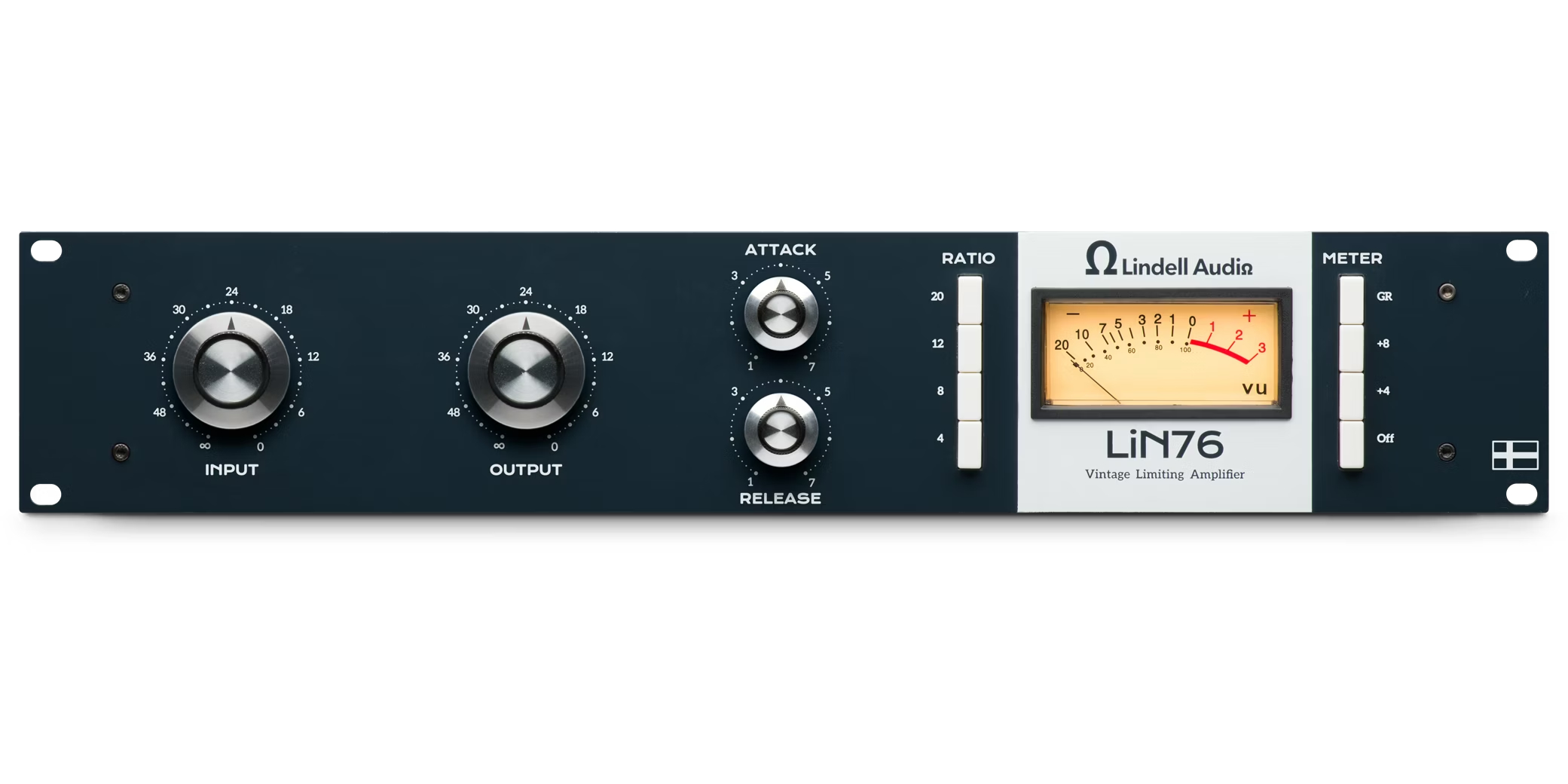
Eight-channel microphone preamplifer with discrete technology
P8 is equipped with eight identically designed microphone preamplifers. All eight preamps have a discrete design – without ICs, made of individual transistors. This is typical for absolute high-end preamplifers and is one of the main reasons for the outstanding sound.
Besides an analog gain control for adjusting the preamplifcation, each of the eight preamps features an individually switchable phantom power supply (48 V), a PAD switch, a phase inversion function and a switchable analog high-pass flter.
With the optional eight-channel ADAT converter, the purely analog P8
can be digitally connected to an audio interface.
P8 paves the way for high-quality multi-channel recording sessions.
Preamps
P8 is equipped with eight preamplifers.
These have a discrete design and they are tuned for a open and transparent characteristic.
Mic Gain
The gain control can be used to adjust the preamplifcation.
The control range ranges between +8 dB und +62 dB – so even really demanding microphones can unfold their full potential!
48V
Each of the eight preamplifers has a 48V switch. This switch activates the required phantom power of 48 volts for the use of condenser microphones.
PAD
The PAD switch in the respective preamplifer section attenuates the signal of the microphone input by 20 dB, so that even very high levels can be processed with the P8. This is the case, for example, with loud percussion or brass recordings.
ø
The phase reverse function of every preamplifer reverses the polarity of the signal. After pressing the switch, the phase is reversed by 180°.
HP
A high-pass flter with 6 dB per octave is also available in each of the eight preamp sections and, when activated, reduces subsonic noise below 80 Hz.
Microphone inputs
The eight microphone inputs of the P8 are equipped with Neutrik XLR
sockets and gold-plated contacts. The signal transmission is
electronically balanced, at a nominal level of 0 dBu.
Line outputs (analog)
In the version without optional AD converter, P8 has two DB25 sockets at the output stage. Both of these provide the analog line level output signal from microphone preamps 1 to 8.
The analog output signal can be connected to a multi-channel AD converter, for example, with the DB25 input common to this type of device, and in parallel to a second recording device.
An additional external signal splitter for back-up systems during a recording session is thereforeno longer necessary.
Purely analog or with AD converter
P8 can also be confgured with an optional eight-channel AD converter with ADAT outputs. The digital outputs replace the second analog eight-channel DB25 output of the P8. This allows P8 to be connected directly to the digital ADAT inputs of an audio interface.
The AD converter
The converter chip in the optional digital-to-analog converter is the highly acclaimed AKM AK5538 ADC chip, which thanks to its architecture reproduces the fnest sound details.
The AD converter converts analog audio signals with sampling rates of up to 192 kHz and therefore recommends itself as the frst choice for transferring the maximum sonic quality of the microphone preamps of the P8 to the digital world.
ADAT
The optional AD converter provides two optical ADAT outputs (TOSLINK) and thus ofers compatibility with a wide range of audio interfaces.
Word Clock
The word clock connection panel of the optional AD converter contains one clock input and output each as well as a switch for terminating the clock input.
The AD converter processes standard word clock signals incoming and generates them outgoing, thus ensuring perfect digital transmission and the highest sound quality.
Tip:
The termination switch should be pressed if the input is unassigned but the clock output is being used as a clock source by an external device.
AD Converter Button
The AD converter button determines the sample rate and the clock source.
The sample rate is the clock speed at which the unit is processing digital audio in samples per second. If WCLK is chosen, the converter can be clocked through an external Word Clock connected to the Word Clock Input.
The AD Converter button cycles through the available sample rates and the external clocking option:
44.1 kHz, 48 kHz,
88.2 kHz (44.1 kHz x 2), 96 kHz (48 kHz x 2),
176.4kHz (44.1 kHz x 4), 192 kHz (48 kHz x 4)
and WCLK (external Word Clock)
Service Port
The service port (USB) on the optional AD converter of the P8 ensures that the digital interface can be easily maintained. It is used to transfer the operating software (firmware) and is not intended for audio connections.
Audio output connections can only be done via the ADAT ports and the DB25 sockets.
Looks great, feels great –
and lasts for a lifetime
P8 has a 4 mm thick, black anodized aluminum front panel and aluminum knobs milled from solid. The housing is made of high-quality steel and is powder-coated in elegant black.
Sounds good
With all SPL devices we develop not only according to plan, but also by ear. Many important components are installed on the circuit boards using Through-hole technology. This way we can ensure that we can use the best sounding components.
IDR 48.711.000





